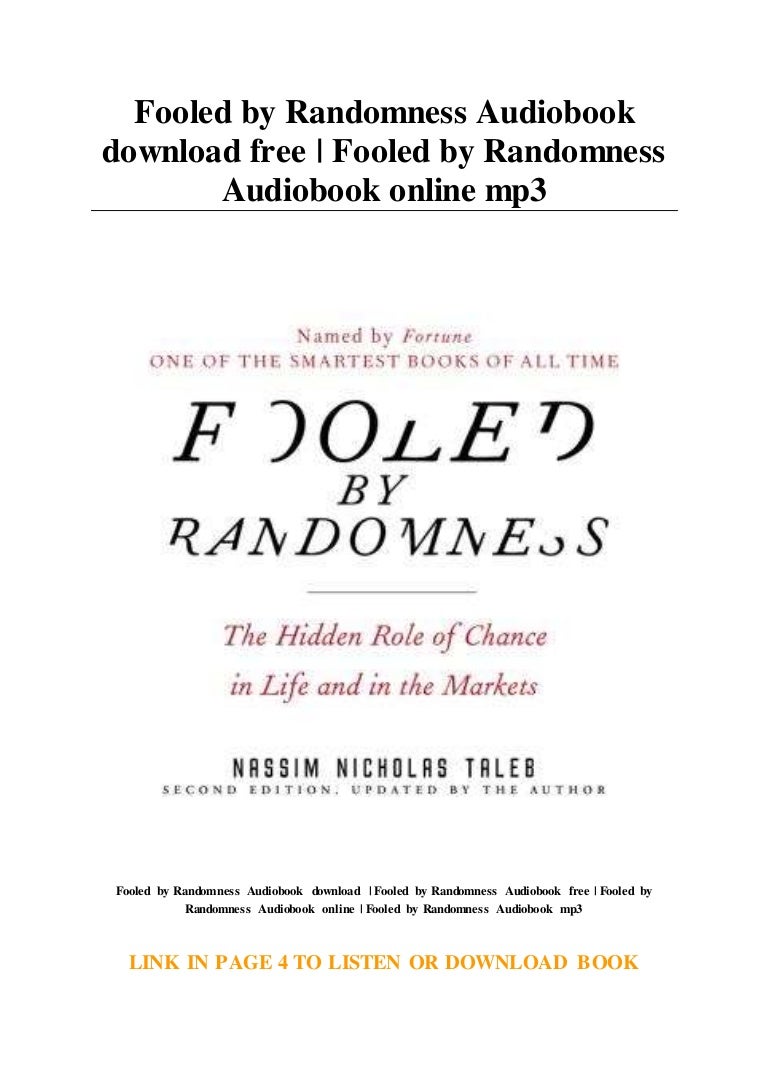
Chance plays a much higher role in our lives than we realise. Biased by hindsight, we often remember the successes and forget the many, many failures, and try to identify reasons for the success even though the success was entirely a random, chance event. Mild success can be attributed to hard work and preparation, but wild success is almost always a chance event.
This is essentially the premise under which the author operates and builds upon. He quotes several anecdotes which support this premise, and describes his own cumulative mild success and compares the same to the few wild successes that his neighbours and colleagues have encountered, and where they went from there.
Ironically, this cherry-picking of scenarios is what he himself warns against. He derides people who were successful once and are no longer so, based on his own interpretation of why they are no longer successful. The whole book is little more than an extended rant; it can be summed up in one generality: “Exercise caution. Chance favours preparedness, but is not caused by preparedness”.
The writing is fairly tedious and the author often tends to gloat. On the whole, for someone who does not make a living playing the markets, the book holds little appeal.
